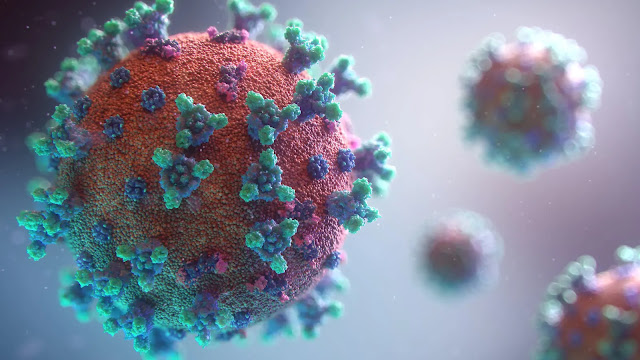COVID-19 The Last Pandemic, But Not The Least
he COVID-19 pandemic has affected millions of people worldwide, causing more than 4 million deaths since its emergence in late 2019. The pandemic has exposed weaknesses in our public health systems and highlighted the need for preparedness for future pandemics. In this article, we will discuss the next pandemic and provide a guide to survival in the event of another outbreak.
What is the Next Pandemic?
It is not a matter of if, but when the next pandemic will occur. According to experts, the next pandemic could be caused by a new strain of influenza, a coronavirus, or another emerging infectious disease. The next pandemic could be more severe than COVID-19, and it is essential to be prepared.
How to Prepare for the Next Pandemic?
Stockpile Essential Supplies
One of the most critical steps in preparing for the next pandemic is to stockpile essential supplies. These supplies include face masks, hand sanitizers, gloves, and disinfectants. It is also essential to have a stockpile of food, water, and medications. Stockpiling supplies can help you and your family survive in case of a pandemic-related lockdown.
Stay Informed
Staying informed is another crucial step in preparing for the next pandemic. You should keep an eye on the news and government announcements to stay up-to-date on the latest developments. It is also essential to follow guidelines and recommendations from health authorities.
Practice Good Hygiene
Practicing good hygiene is essential to prevent the spread of infectious diseases. You should wash your hands frequently, avoid touching your face, and cover your nose and mouth when coughing or sneezing. It is also important to clean and disinfect frequently touched surfaces regularly.
Stay Home When Sick
If you are feeling unwell, it is essential to stay home to prevent the spread of infectious diseases. You should also avoid close contact with others, including family members, until you have recovered. It is also important to seek medical attention if your symptoms worsen.
Get Vaccinated
Getting vaccinated is one of the most effective ways to prevent the spread of infectious diseases. You should get vaccinated against influenza, COVID-19, and other vaccine-preventable diseases. Vaccines can help protect you and your family from getting sick during a pandemic.
Stay Physically Active
Staying physically active is essential to maintain good health during a pandemic. You should try to exercise regularly, even if you are stuck inside due to a lockdown. Exercise can help boost your immune system and improve your mental health.
Practice Social Distancing
Social distancing is another crucial step in preventing the spread of infectious diseases. You should avoid crowded places and close contact with others, especially if you are at higher risk of severe illness. It is also important to wear a face mask when in public.
Conclusion
The next pandemic is not a matter of if, but when. It is essential to be prepared and take steps to protect yourself and your family. By stockpiling essential supplies, staying informed, practicing good hygiene, staying home when sick, getting vaccinated, staying physically active, and practicing social distancing, you can increase your chances of surviving the next pandemic. Remember, it is up to each of us to do our part to prevent the spread of infectious diseases and protect ourselves and our communities.
Sepsis is a medical emergency that occurs when the body's immune system overreacts to an infection. This can cause inflammation throughout the body, leading to organ failure and other serious complications.
Bacteremia is a condition where bacteria are present in the bloodstream. Bacteremia can occur as a result of a bacterial infection or from invasive medical procedures, such as surgery or catheterization. Bacteremia can lead to sepsis if the bacteria multiply and spread throughout the body.








0 Comments